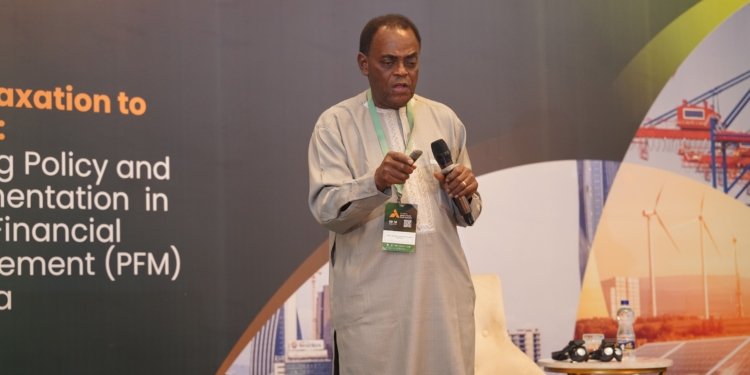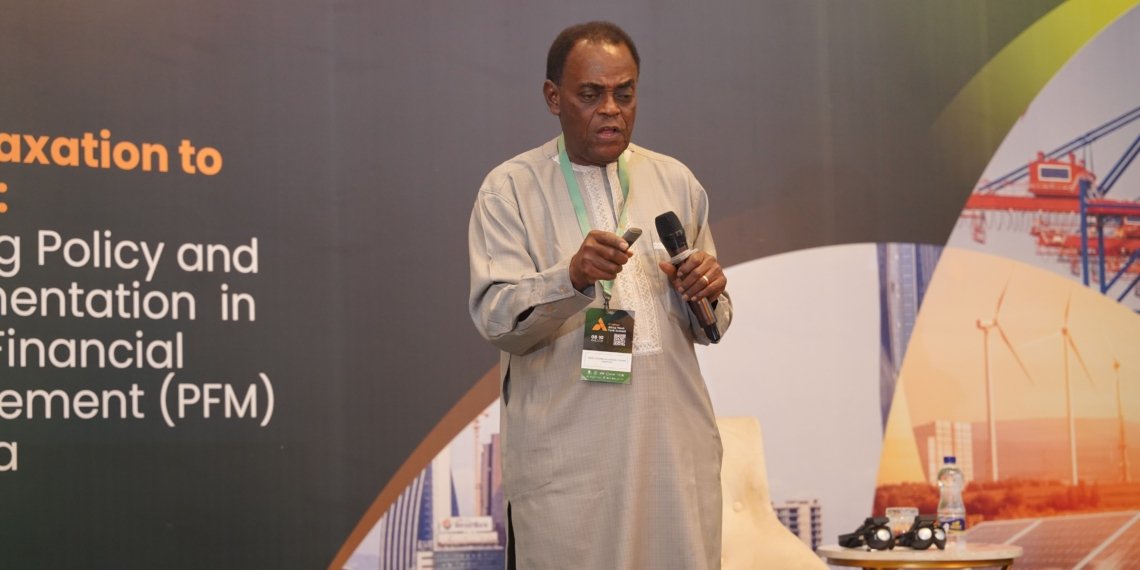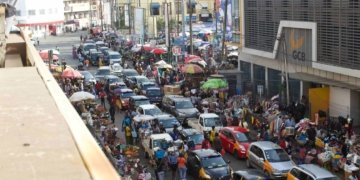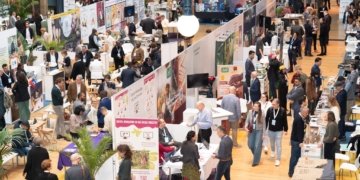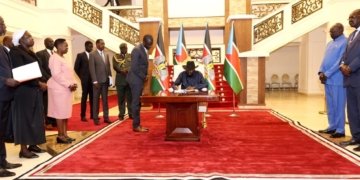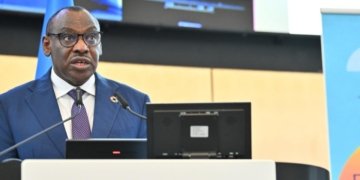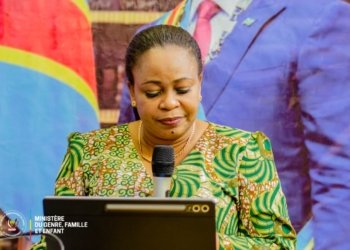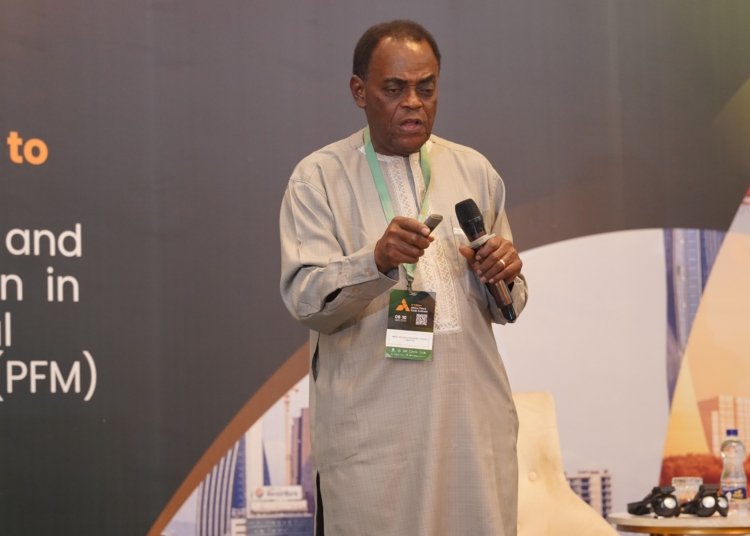At a side event of the 11th Africa Think Tank Summit in Addis Ababa, Professor Mitowanou E. Koffi-Tessio, Executive Director of the Center for Research and Studies on Poverty and Sustainable Food Security (CREPSAD), delivered a thought-provoking presentation titled “African Agriculture and the Unfulfilled Commitment of Tax Revenue Allocation: Lessons from CAADP Implementation.”
Professor Koffi-Tessio’s presentation explored two decades of Africa’s efforts under the Comprehensive Africa Agriculture Development Programme (CAADP), an African Union-led framework aimed at boosting agricultural growth and food security through national investment.
While the CAADP’s goal for governments to allocate at least 10 percent of national budgets to agriculture has been widely endorsed since the 2003 Maputo Declaration, he noted that “few countries have consistently met this target, and the overall trend of public spending on agriculture remains uneven and below expectations.”
Drawing on data from the Regional Strategic Analysis and Knowledge Support System (ReSAKSS) and successive CAADP Biennial Review Reports, Koffi-Tessio revealed that despite agriculture’s critical role, accounting for about 23 percent of Sub-Saharan Africa’s GDP and employing more than 60 percent of its population, budget allocations to the sector continue to fall short of political commitments.
“The lack of a strong correlation between agricultural spending and growth does not mean inefficiency,” he emphasized, “but reflects the influence of other factors such as climate shocks, governance, and the quality of investment.”
Koffi-Tessio called for a “paradigm shift” in Africa’s development financing, from dependence on donor support toward domestically driven investment and accountability.
He urged governments to honor their fiscal commitments, strengthen institutional capacity, and improve the quality of agricultural investments to attract private and foreign capital.
As Africa moves toward implementing the Kampala CAADP Declaration (2026–2035), with its vision for “Sustainable and Resilient Agri-Food Systems for a Healthy and Prosperous Africa,” Koffi-Tessio stressed that sustainable food security and agricultural transformation will depend not only on commitments but on consistent action.
